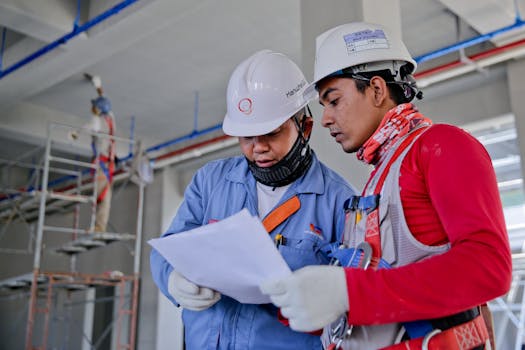You can do a foundation degree, higher national diploma or degree in civil engineering.
Many universities specialise in particular areas of civil engineering, like:
- transport engineering
- environmental engineering
- coastal and maritime engineering
You can search for accredited courses through the Institution of Civil Engineers. Some courses include a work placement, which can be useful for making industry contacts to help you find work after university.
You can also do further study for a postgraduate master's qualification in civil engineering, if you've got a degree in a related subject like maths, science or geology.
Entry requirements
You'll usually need:
- 2 or 3 A levels, or equivalent, including maths and a science for a degree
- a degree in a relevant subject for postgraduate study








